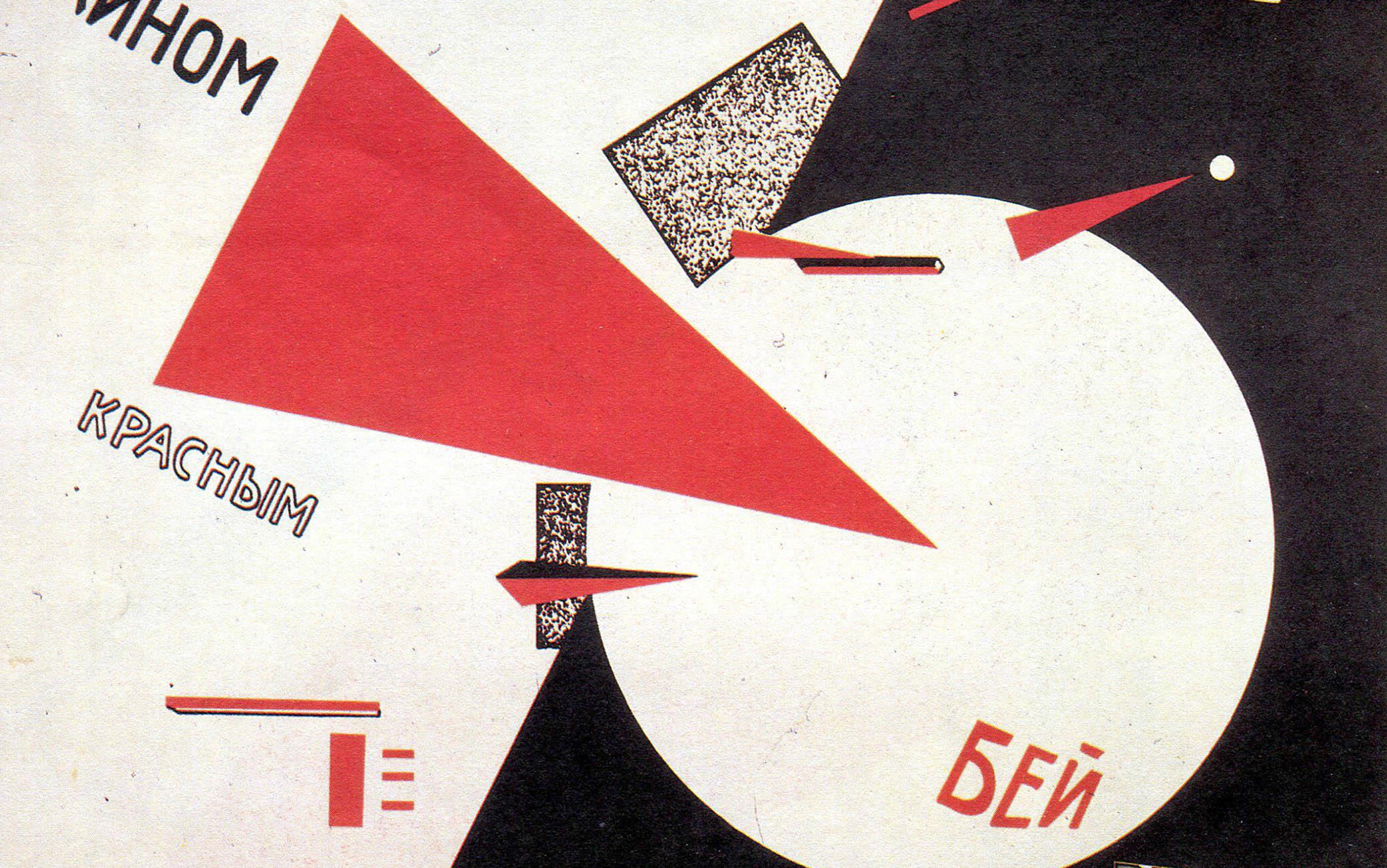Having spent a large part of my life as a professional philosopher thinking about modesty, I can honestly say there’s plenty to hate about it. Talk of modesty seems hopelessly outdated. It can feel like a dusty relic from a worse time, a time when men were men and women were baby factories too irrational to vote. Even the word ‘modesty’ evokes the kind of religious prudishness that produced purity rings, the Jonas Brothers, and innumerable unrequested rhetorical questions of the ‘Isn’t that skirt a bit short?’ kind. Too flashy? Showing too much skin? So immodest.
The word also does more than its fair share of euphemistic heavy lifting. The real estate agent tells you she has ‘another more modest unit to show you’, and means it’s cheap and cramped. Or a person’s not poor, just ‘of modest means’. Or he’s not short, just has ‘modest stature’. One could be excused for not having any fondness for a word that’s so often used by people to either avoid uncomfortable truths or telling (mostly women) how to dress, and usually in the most bland and forgettable way imaginable at that.
Modesty is at its most likeable when it’s discouraging people from bragging. Here modesty provides a valuable social service. Nobody likes hearing people drone on about how much they can bench-press or how important their job is. People who are constantly talking themselves up are an incredible chore to be around, and sometimes the norm of modesty is the only thing that pumps the brakes on what would otherwise be a long and unpleasant conversational voyage.
It’s this anti-bragging kind of modesty that philosophers have been most interested in, but even they’ve been divided on whether it’s any good or not. The early modern Scottish philosopher David Hume infamously classified it as a ‘monkish virtue’ – that is, something that people call a virtue but is really life-denying and, to put it bluntly, no fun at all. Modesty, even in this sense, still evokes an image of being timid, meek, plain and bland. Cover up. Keep quiet. Don’t aim too big. Sounds great, doesn’t it?
If modesty sucks so bad, then why did I spend so much of my time thinking about it? Because, despite all the unsavoury accumulated baggage that modesty has acquired over the years, I think there is something there that is not only one of the important goods in life but is actually quite life-affirming. Seeing this means taking a short detour through some recent thinking on what modesty is, and what might be good about it.
The aspect of modesty that has most fascinated philosophers is its elusiveness. Modesty, in the sense that’s opposed to bragging, is something that you can’t really brag about. It’s OK to say that other people are modest but saying ‘I’m modest’ is usually either self-undermining or meant as a joke. It’s the kind of thing that has to be kept out of view because self-awareness spoils it. If you have it, you won’t realise it – and if you think you’ve got it, you really don’t.
In 1989, the American philosopher Julia Driver noticed this feature of modesty, and it led her to describe it as a ‘virtue of ignorance’. She pointed out that we often like it when someone is unaware of their own good qualities. There’s something charming about a smart or kind person who just doesn’t get how smart or kind they really are. Beauty that’s too aware of itself can seem somehow spoiled. So it is, Driver argued, with modesty – being modest is about not knowing just how good you really are.
Other philosophers, especially those influenced by Aristotle and Immanuel Kant, rejected this vision of modesty as ignorance. They did so for a variety of reasons, but most generally it’s the result of a certain vision of human excellence. Seeing morality as intimately related to the exercise of one’s rational powers makes it hard to accept that certain kinds of irrationality – such as ignoring evidence about your own good qualities – might be morally good. If you think that epistemic and moral ideals go together, the idea that ignorance might sometimes be morally good won’t sit well with you at all. To put it another way: it can seem strange to think that some moral virtues, such as modesty, might be out of reach for an omniscient being. But how could an epistemic ideal interfere with a moral one? For some philosophers, ignorance is bad, and bad things just can’t be virtues.
Modesty is about what you care about, and how that changes your experience of the world
Those who reject modesty as ignorance put forward a range of alternatives. Someone who is modest isn’t ignorant of anything, they say. Some say the modest person has a clear understanding of the moral equality of all people. Others say that modesty means simply holding yourself to a higher standard than other people. Still others say that the modest person sees her place in the larger social or spiritual world. These conceptions, for all their differences, make modesty about knowing something. The modest person isn’t ignorant of anything, but instead gets it right about something special. These theories might differ about what exactly it is that the modest person knows, but they all agree that modesty has nothing to do with ignorance.
For my part, I don’t think that modesty has much to do with what you do or don’t know. Thinking that modesty is about either ignorance or knowledge is a mistaken way to frame things. Instead, modesty is about what you care about, and how that changes your experience of the world. Whether or not the modest person knows how good she is, she doesn’t experience the world in a self-involved way. Her own goodness just isn’t often on her mind. Understanding modesty in this way makes it less old-fashioned and, to me at least, something that actually seems worth having.
What you care about affects how you experience what happens in life. It changes how you feel, what you notice, and what you think about. Think about someone who cares a lot about being rich. This person will notice what model car someone else drives, and if it’s the luxury edition or not. If the car is more expensive than her own, she will feel inadequate or maybe some mix of jealousy and admiration. She’ll spend a lot of time thinking about her bank balance and how she can make that number go higher. She’s likely to sort people into categories of richer-than-me, as-rich-as-me, and poorer-than-me. She does this consciously or subconsciously, but the fact that she cares about being rich structures much of her lived experience.
We can understand modesty as working the same way. The easiest way to see this is to think about its opposite: immodesty. An immodest person’s experience is organised around the self: she cares about how things affect her, about comparative judgments where she comes out on top. A modest person, by contrast, doesn’t care so much about these things, and so her experience is one that isn’t coloured by these self-regarding concerns.
Caring about comparative superiority isn’t always as obvious as simply wanting to be better, smarter, faster than other people. Sometimes it’s implicit in caring about something that doesn’t seem comparative at first glance. Think of the example of someone who wants to be rich. This might mean that she simply wants to have a lot of money. After all, that’s what it means to be rich. But wanting to be rich also often involves a deep desire for distinction, to be richer than the people around you. Some people would be satisfied to be a millionaire even if everyone else was one too. For others, being a millionaire isn’t enough if everyone else is one too; the whole point of being rich is to have more money than others.
The kind of comparative concern associated with immodesty is deeply self-centred – everyone else’s status is compared with yours. A modest person, on the other hand, doesn’t care about that stuff, and so her experience is not coloured by self-centred concerns. It’s not that being modest means you don’t care at all about your own health, wellbeing or talents. But it does mean that you don’t care very much about comparative judgments of superiority, about one-upping other people.
Caring about stuff affects what you notice, how you feel, and what you think about – but so does not caring about stuff. Someone who doesn’t care about fashion probably won’t notice things such as what kind of earrings someone wears or the cut and fabric of his shirt. Someone who doesn’t care about football probably won’t feel much when she learns who won the Super Bowl and won’t spend much time thinking about the game at all.
In the same way, someone who is modest won’t really spend much time dwelling on how much better she is than other people, or feel a smug sense of superiority when she gets to correct someone’s mispronunciation. This lack of concern can take a lot of forms in a lot of different domains. Some of us will have it more (or less) in some areas than in others.
What’s so good about not caring about these kinds of comparative judgments anyway? Isn’t it good to want to be the best, at the head of the class, or top of the charts?
Even the trip to the museum is, for Jeff, less about the art than about Jeff viewing the art
Part of what’s bad about it is that it structures your experience in ways that cut you off from many of the things that make life worth living. Jeff hates going to art museums. Not because he doesn’t like art, but because being in that situation stresses him out. He’s always worried that he’s spending too much time in front of the wrong paintings and not enough time in front of the right ones. He’s worried that someone will ask what he thinks about something and he won’t have an impressive-enough answer. He always feels like people are silently judging him as his behaviour reveals that he doesn’t know as much about art as they do.
Jeff’s predicament is a sad one, but it’s also a symptom of a certain self-centred orientation. Jeff presumes that in a room full of great works of art people will be paying attention to him and how much time he spends looking at different paintings. He assumes that, if someone asks him a question, they’re looking to size him up rather than get insight about the art. Jeff’s anxieties stem from a view of the world that put Jeff at the centre. Even the trip to the museum is, for him, less about the art than about Jeff viewing the art.
Part of what is sad about Jeff’s situation is that, in putting himself at the centre, he gets in his own way. Even though he’s in a museum full of great art, Jeff can’t really appreciate any of it. Someone who doesn’t care so much about coming off as smarter or more refined than others can become engrossed in the artworks or be moved by them without the constant distraction of sizing himself up.
It’s worth noting that this is totally compatible with either knowledge or ignorance of your own good qualities. Someone appreciating the art in a museum might know perfectly well that she understands the art more than nearly all of the other patrons. Or she might think she knows more than she actually does. But, either way, if she doesn’t care much about being smarter than others, she can still avoid the kind of sad situation that Jeff finds himself in. This is because we can know things without thinking much about them. You know that Saturn is bigger than Michigan, but you probably never spent much time thinking about it until I just brought it up. The modest person has a similar relationship with knowing that they’re better than others; they know it, but still won’t spend much time thinking about it until someone else brings it up (and, even then, it’ll fade away pretty quickly).
This view of modesty makes it, at bottom, about the deep sense that not everything that happens is about you. It might seem that getting the sense that life isn’t about you is a downer, but this is what makes modesty life-affirming. Dropping the feeling that life has to be about you means opening up to all the other great things life can be about. It allows you to connect with others more deeply, and feel like a more integrated part of the world. When you’re not as invested in being better than others, you stop looking at the internal scoreboard so often, and when you do that, your gaze can wander to better places. If Jeff stopped experiencing the museum as all about him, he might actually get absorbed in the art.
This doesn’t mean that being modest is at odds with caring about being great or being really good at what you do. There’s a difference between wanting to be a great mother and wanting to be a better mother than your neighbour. You can care about being a great chef without being invested in being better than everyone else in your class at culinary school. It’s no accident that these comparative goals often seem less noble and more petty than simply caring about the underlying value itself. Caring about making great music is more worthwhile than caring about winning the local battle of the bands next week. Being in love with filmmaking is great. Being in love with the idea of yourself as a filmmaker? Not so much.
Modesty involves breaking out of a way of experiencing life rooted in comparing yourself with others. There’s no shortage of think pieces lamenting how social media too easily leads to wallowing in your own personal hell of jealousy, FOMO and self-loathing. Everyone hates this. But imagine for a second being able to see a co-worker’s amazing vacation and actually just feeling happy for them. This might seem somewhere between naive and impossible, but living that way sure would be nice. Achieving this might not be easy, but if you were less invested in comparing yourself with others, it might just improve your life.
This illuminates something important about immodesty. People sometimes associate immodesty with bragging and bragging with confidence, but these connections don’t always hold. Immodesty and bragging often come from a place of insecurity, from the sneaking suspicion that you really aren’t very good at all. Bragging is a way of overcompensating for this feeling, of trying to drown it out with superlatives and stories of success.
When you’re not so invested in comparative superiority, you can experience things you’d otherwise miss
It’s actually modesty that’s linked with security and confidence. People who aren’t insecure don’t need to make conversations about themselves and their accomplishments. They don’t need to gloat over winning this game of cards because they don’t have that nagging voice to silence. They don’t need to fish for compliments, throw out humblebrags, or nudge conversations to be about them and their latest accomplishment. Modesty involves being secure enough that you can appreciate the goods around you and the accomplishments of other people without reference to yourself. It gives you the security to really listen to others and not just wait for your turn to speak.
It’s hard to talk about virtues in isolation. This take on modesty and what might be good about it is no exception; it presumes a lot of background. Some people need to be thought of as being better than others to motivate themselves, to get them out of bed. Some people have a tendency, either naturally or because of socialisation, to care too little about themselves. For these people, modesty might not be what they need most. Modesty, like any virtue, works in concert with other good qualities, and might not be what is most important for a particular person in their particular place and time.
I hate telling people that I write about modesty. It’s not because of all the ‘Oh, are you the best scholar of modesty?’ jokes either. (Low-hanging fruit, but still classic humour.) It’s because modesty too often feels like a repressive, cranky killjoy that masquerades around as a ‘virtue’. But when it feels like something worth having, it becomes less like the old cover-yourself-up-and-keep-quiet kind, and more like a way of breaking out of the blinders that experiencing life in a self-regarding way can impose.
Being bothered with sizing up yourself with others is the root of immodesty, but it also cuts us off from connecting with others and engaging with many things of value in the world. When you’re not so invested in comparative superiority, you can experience things you’d otherwise miss. You can just feel good when somebody else has good fortune. You can help others achieve their goal without the feeling like you’re losing out in some zero-sum game.
There’s a line in Walt Whitman’s poem ‘Song of Myself’ (1855) where he parenthetically says that he behaves no prouder than the level that he plants his house by. His level isn’t performing modesty, pretending like it’s not as good as other, more expensive levels. Nor is it wrapped up in being better or more accurate than others. It just does its job without getting in its own way. At its best, modesty works the same way – letting us do what we do well without all the comparative baggage. A fitting insight for a poem that starts with Whitman’s intention to celebrate himself, but actually winds up celebrating everything and everyone else.






